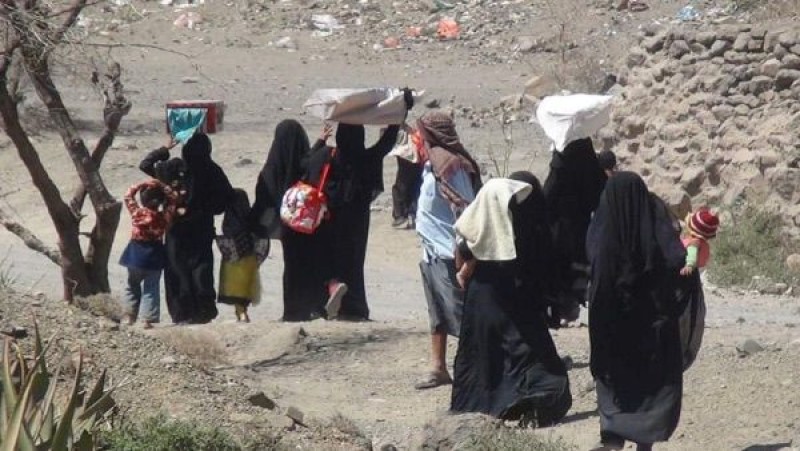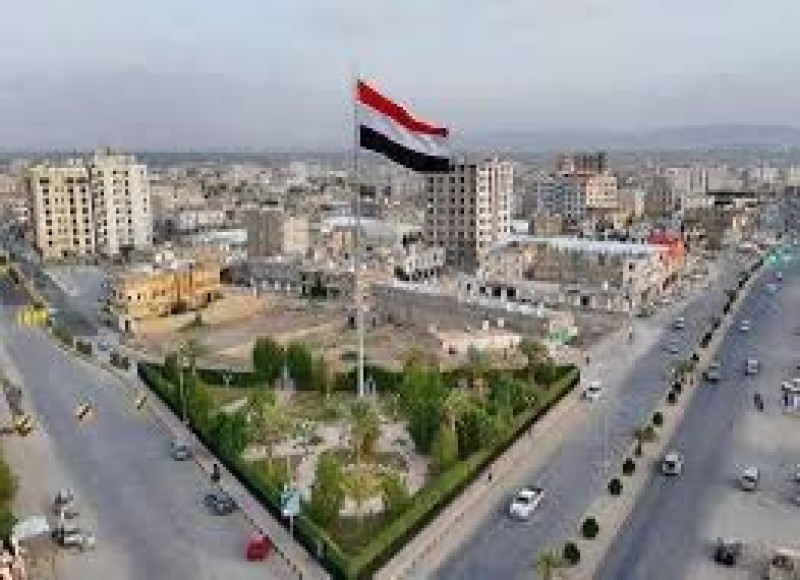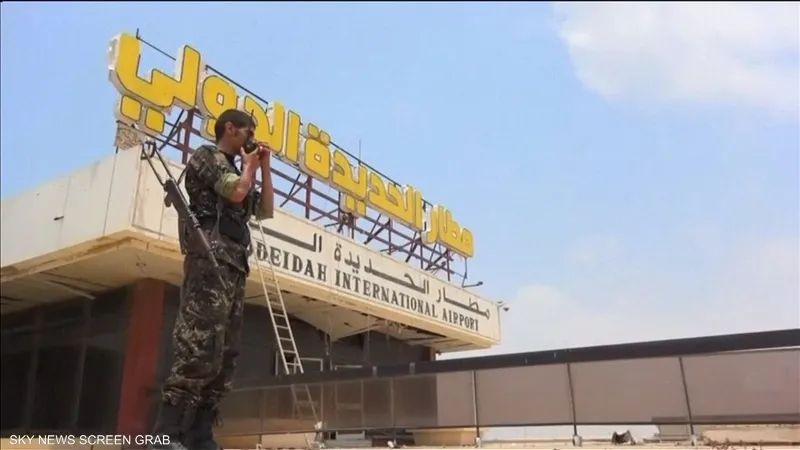Yemen : Grundberg Concerned with Possible Eruption of ‘New Cycle of War’


United Nations Special Envoy for Yemen Hans Grundberg expressed on Thursday his fear that the country would again plunge into a “new cycle of war” amid the ongoing attacks by the Iran-backed Houthi militias against vessels in the Red Sea and Gulf of Aden.
Grundberg, who has been trying to mediate a ceasefire and launch a political process, told the council that the UN had hoped, “and Yemenis had expected,” that by the Muslim holy month of Ramadan, which began several days ago, “we would have had an agreement on a nationwide ceasefire and measures to improve living conditions in Yemen.”
Speaking to the UN Security Council, he added: “I had hoped I would be briefing you about the preparations for an inclusive political process. Public sector employees across the country should have been receiving their salaries and pensions. Oil exports should have resumed, which could have enabled more effective service delivery and improved economic conditions. And we should have had another agreement on the release of prisoners, allowing loved ones to return home in time for Ramadan.”
“While these hopes and expectations have not, to date, been met, our efforts in finalizing and implementing a United Nations roadmap remain undeterred. I believe that Yemenis share my impatience in achieving these aspirations,” he remarked.
“The mediation space has grown more complex. This continues to be the case. Although we have tried to shield the peace process from regional developments since the war in Gaza, the reality is that what happens regionally impacts Yemen—and what happens in Yemen can impact the region,” said Grundberg.
“The longer the escalatory environment continues, the more challenging Yemen’s mediation space will become. With more interests at play, the parties to the conflict in Yemen are more likely to shift calculations and alter their negotiation agendas,” he stated.
“In a worst-case scenario, the parties could decide to engage in risky military adventurism that propels Yemen back into a new cycle of war. Therefore, allow me to emphasize the importance of remaining focused on the long-term aims that we are seeking to achieve in Yemen,” stressed the envoy.
“In order to protect progress on the peace process, I urge all those involved to exercise maximum restraint and work toward de-escalation,” continued Grundberg.
“With the Red Sea now part of a wider set of concentric circles of escalation, I also reiterate the Secretary-General’s warning about the risk of further spillover of the Gaza conflict across the region, and his recent calls for an immediate humanitarian ceasefire in Gaza.”
“My work continues to be guided by the priorities articulated by Yemenis for Yemen. And my focus remains on reaching a ceasefire and starting a political process. This is the only way to resolve the conflict in Yemen,” he went on to say.
“My mediation efforts focus on engaging the parties to bridge gaps and identify ways to initiate a ceasefire, improve living conditions and start a political process, building off the commitments they made in December,” he added.
“It is imperative that all parties keep channels of communication open and do not lose focus on delivering results for Yemenis,” urged Grundberg.
Moreover, he said: “I am grateful that all international stakeholders I have engaged with continue to assure me of their steadfast support to my efforts and to the resolution of the conflict. I will need this concerted backing to ensure strong and consistent signaling to the parties on the need to engage with the peace process.”

Aden — The International Organization for Migration (IOM) reported that more than 24,000 people have been internally displaced in Yemen since…

MARIB — Security sources reported that police in Marib governorate have opened investigations into two separate suicide incidents that occurr…

Hodeidah — Two members of the Iranian-backed Houthi militia were killed and five others wounded in a landmine explosion near Hodeidah airport…